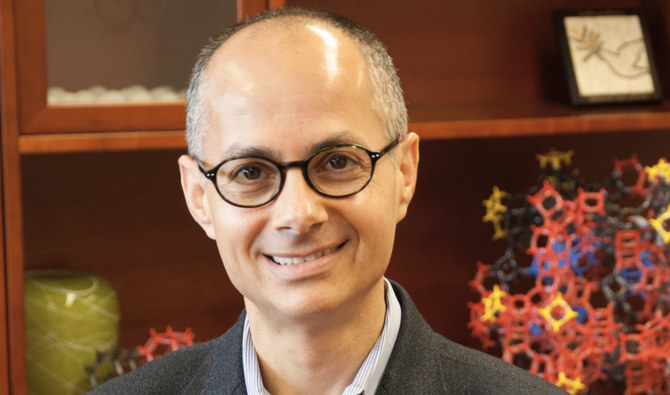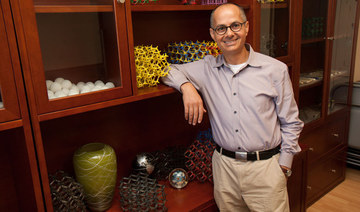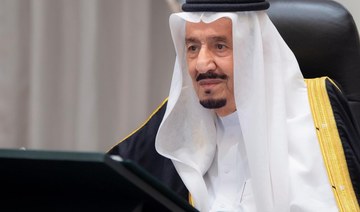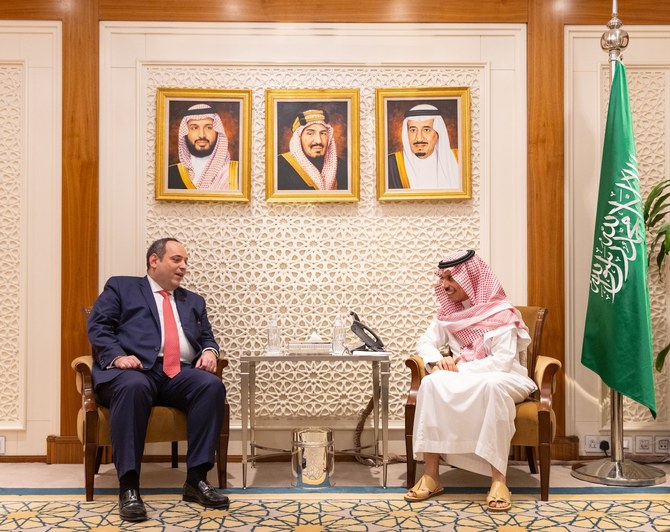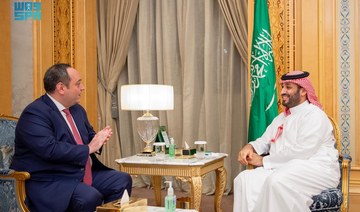CHICAGO: Omar Yaghi is internationally known for discovering and pioneering the development of metal organic frameworks (MOFs).
In an exclusive interview with Arab News, he elaborated on his primary field of research and its relevance to an arid region like the Middle East.
“MOFs are made from molecules. Everything in nature is made from molecules,” Yaghi said. “What we have been able to do and discover is to stitch these molecules together by strong bonds to make materials, or frameworks.
“These frameworks are open or porous and therefore allow you to modify them in such a way as to extract water from air to make clean water, drinking water or capture carbon dioxide from air to clean the air, among many, many other applications.
“Reticular chemistry is really the chemistry — which we have been developing over the last 25 years — that allows you to stitch these molecules together.”
One of Yaghi’s goals is to develop systems to extract water from arid environments in the Middle East and make water easily available to everyone.
He said that he and his team discovered ways of advanced water harvesting “in a significant way” six years ago, adding that it is “quite impactful.”
Water harvested from the air, especially in arid environments and regions dominated by deserts, is an “untapped resource,” he said.
“There are three stresses facing our planet today: Clean water, clean air and clean energy. That is where MOFs and COFs are being used and are being actively developed,” Yaghi said, referring to covalent organic frameworks — 2D versions of MOFs.
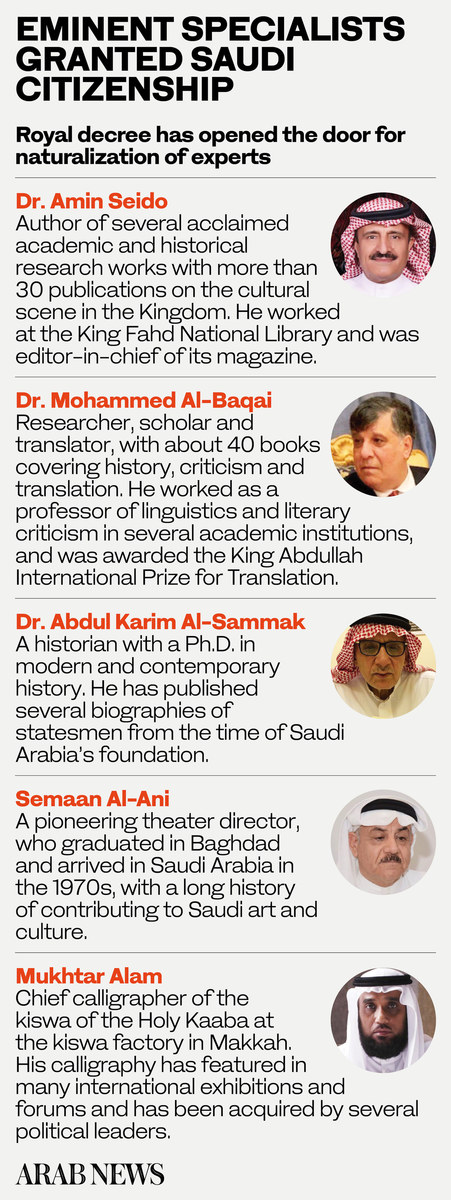
“We are at the forefront of solving these three very important problems. I would say that in terms of societal applications, these materials are now being used to extract water from air and to deliver clean water, especially from desert air. It is very difficult to extract water from air, but indeed we can do that.”
The goal is to achieve individual use of water extraction and the use of harvested water for farming and larger projects, he said.
“We have, in my own research group, made devices made for the table top or kitchen top that are no larger than the typical microwave oven. They sit there independently of the electric grid and can harvest water from the air and produce drinking water,” Yaghi added.
“Depending on how much water you want to have, you can also electrify these devices, so that your delivery of water is higher, giving independence in water use, so that as an individual, you can generate your own water and use it independently of the grid. Not only independence — you can personalize it. You can make it the way you like it, with the flavor that you like.”
Yaghi said that advances in cellular technology have shown how ideas can go from the complex and burdensome to the simple and easily accessible very quickly
“I can see a future where, just like we have moved from the phone to the wireless phone with great impacts on our lives, we can move from the grid of water to a more mobile grid and therefore change where we work and where our livelihoods are,” Yaghi said.
He noted that the extraction of water from air is a process that humans have used for centuries, but that previously, it was limited to very humid air.
“What we can do is design materials that can extract water from arid air, where it is most needed. That is not so easy to do, but with the MOFs, we can actually do that,” Yaghi said.
“And a material that works in the arid desert region will work in humid regions as well, and in fact, will work even better. So, I have been saying that these materials — in the way that we are designing them — can extract water from air anywhere in the world, anytime of the year, regardless of weather and humidity patterns. I think it is an exciting discovery.”
Yaghi said that growing up in the Middle East made him sensitive to the need for water and the challenges of securing water supplies in arid regions.
“The facts are that when I was growing up, yes, we did experience water stress. In fact, water came from the municipality from where we lived once every two weeks,” Yaghi said of growing up in Jordan.
“So a kid like me had to get up at dawn when they let the water out so that I could fill up the reservoir the top of the house. And whatever you can fill is whatever you would use for the next two weeks. If you did not fill the reservoir all the way up to the top, you did not have water at the end of this period. So yes, I experienced water stress firsthand.”
Citing his life story as an example, Yaghi told Arab News that he believes parents should allow their children the freedom to pursue their own interests instead of pressuring them into certain careers — a common experience in Middle East families.



